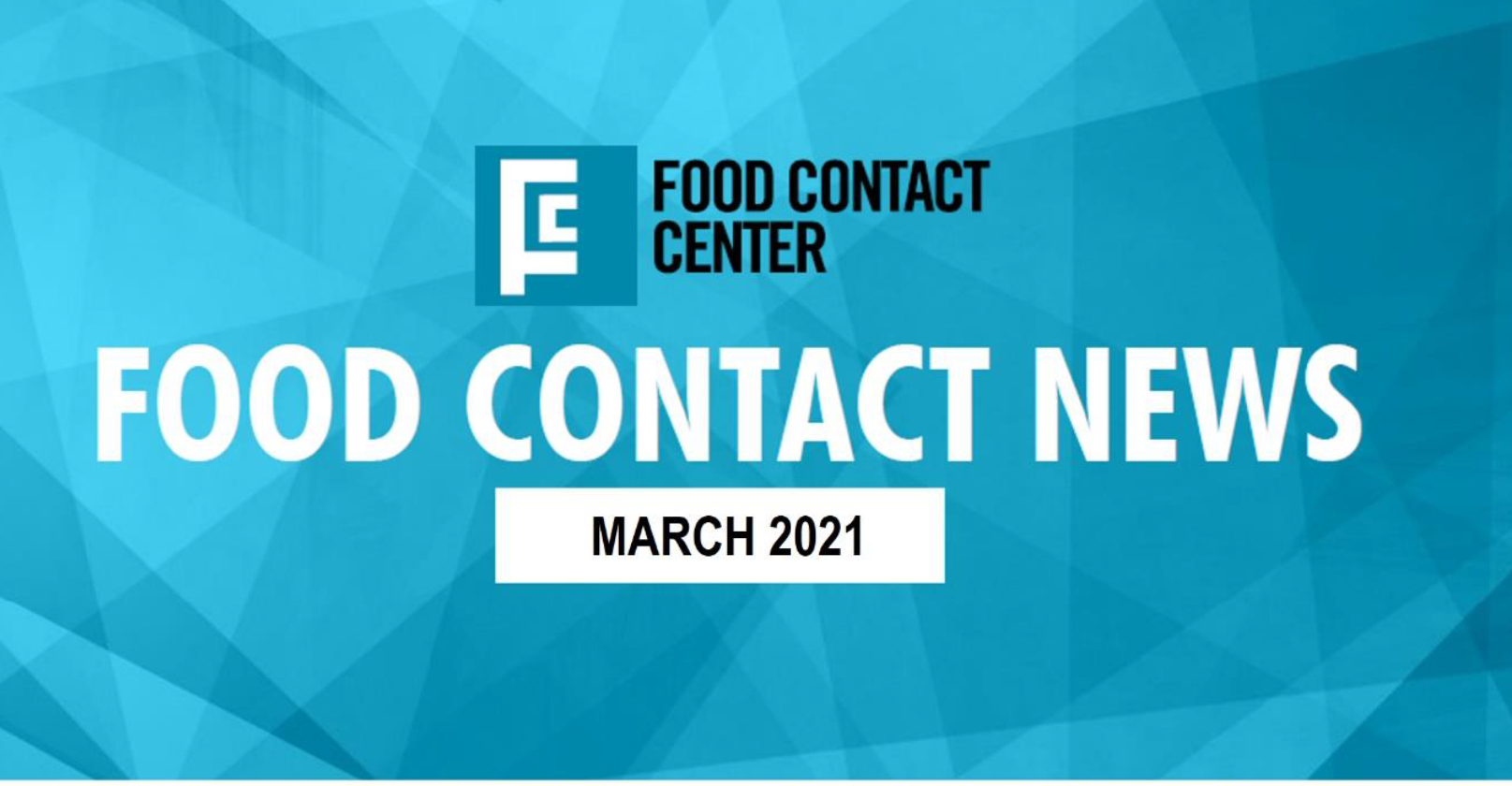NEUHEITEN

Food contact news – March 2021
EUROPE: BENELUX DEMAND MARKET WITHDRAWAL OF BAMBOO PLASTICS
Belgium, Luxembourg, and Netherlands (Benelux) publish joint letter calling for market withdrawal of ‘bamboo melamine plastics’; Benelux national authorities plan to reinforce market controls from second quarter of 2021, pursue violators.
In a joint letter published Belgium, Luxembourg, and the Netherlands together demand the withdrawal of bamboo melamine plastic products from the EU market, which are not compliant with article 5 of Regulation (EU) No 10/2011. In the letter, the three national government agencies criticize that a wide of products made from melamine plastics, e.g. kitchen and tableware, can still be found on the EU market even though such composite materials were found by the European Commission (EC) to not be authorized for food contact articles according to article 5 of Regulation (EU) No 10/2011. With this letter, the authors want to raise awareness that these prohibited additives can still be found in products on the EU market and make it clear that “business operators will have to withdraw ‘bamboo melamine materials’ and articles immediately.” Furthermore, the undersigned authorities announced in their letter that they will reinforce market controls and pursue violations of these products under current EU legislation from the second quarter of 2021.
NORTH AMERICA: WASHINGTON STATE PUBLISHES UPDATES ON PFAS, DRAFT CRITERIA
Department of Ecology for the US state of Washington publishes alternatives assessment for per- and polyfluoroalkyl substances (PFAS) in food packaging, identifies alternatives for four packaging types; restrictions will come into force early 2023.
The Washington Department of Ecology (DoC) announced the publication of its report on safer alternatives to per- and polyfluoroalkyl substances (PFAS) in food packaging as well as the corresponding alternatives assessment. The report communicates that the agency has now “identified safer alternatives to replace PFAS in wraps and liners, plates, food boats, and pizza boxes.” The agency notes that the submission of this report to the state’s legislature “begins a two-year timeline that will restrict PFAS in these four types of food packaging beginning in early 2023.” On February the DoC also announced the publication of working draft documents containing the criteria that have to be used for defining the terms “safer” and “feasible and available” during alternatives assessments. These criteria will play an integral part in enabling the identification of alternatives.